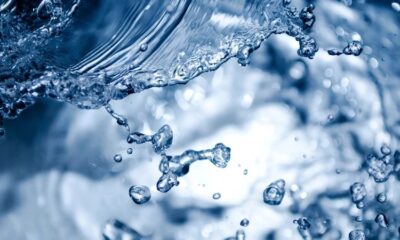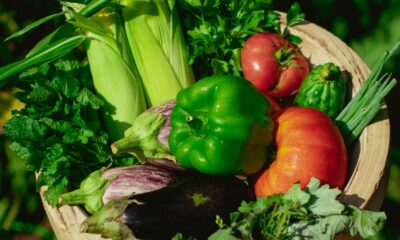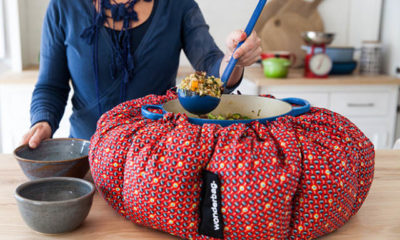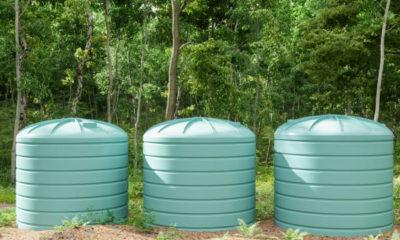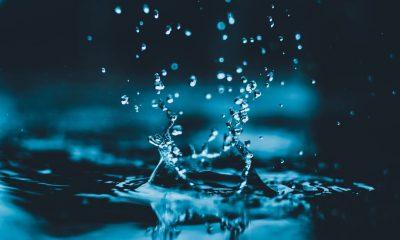Best of Johannesburg
Top Water-Saving Devices and Habits for Joburg Households

Save water, cut costs, and help protect Johannesburg’s precious water resources – so everyone in our city can enjoy a reliable water supply – by adopting these practical devices and everyday habits.
Water scarcity remains a pressing challenge in Johannesburg. Conserving water isn’t just about lowering bills – it’s about ensuring sustainable supply for the entire city. The good news is that with simple water-saving devices and mindful habits, Joburg households can make a real difference.
Also read: Joburg Water Outages: Causes and What to Do in 2025
Why Efficient Water Use Matters in Joburg
-
Lowers your water bill
-
Reduces infrastructure costs for water treatment and supply
-
Helps secure reliable water access for the growing population
-
Promotes long-term, uninterrupted water supply
Water-Saving Devices to Consider
Dual-Flush Toilets
Offer both a full and half flush option, significantly reducing water used per flush.
Low-Flow Showerheads and Flow Restrictors
Reduce water flow while maintaining good pressure, saving litres every shower.
Tap Aerators and Water-Saving Shower Heads
Devices that limit water volume without sacrificing comfort.
Smart Sensor Flush Systems
Automatically optimize flushing to prevent water wastage.
Waterless Urinals
Use advanced filtration technology, eliminating the need for flushing.
Water-Efficient Appliances
Modern dishwashers and washing machines use less water; always adjust water levels to match your load size.

Image 1: iStock
Everyday Water-Saving Habits
-
Take shorter showers – even a few minutes less makes a difference.
-
Turn taps off while brushing teeth, shaving, or washing dishes.
-
Use a basin for rinsing dishes instead of running water continuously.
-
Wait for full loads before running dishwashers and washing machines.
-
Avoid flushing toilets unnecessarily.
-
Repair dripping taps, leaking pipes, and running toilets promptly to avoid waste.
-
Reuse greywater (from baths, showers, washing machines) for garden watering – but avoid using water contaminated with harmful chemicals.
Outdoor Water Conservation Tips
-
Water gardens early morning or late afternoon to reduce evaporation.
-
Water roots directly, not leaves, and soak gardens deeply but less frequently (about twice a week).
-
Use drip irrigation or micro-sprays for efficient watering.
-
Install timers and use trigger nozzles on hoses.
-
Sweep driveways and sidewalks with a broom instead of hosing them down.
-
Wash cars on the lawn using buckets rather than hoses.
-
Cover pools to reduce evaporation in all seasons.
-
Plant indigenous or drought-resistant plants that require less water.
-
Mulch garden beds to retain soil moisture.
Rainwater Harvesting
Collecting rainwater from rooftops during rainy seasons provides an excellent supplementary water source for outdoor use and non-potable indoor uses like toilet flushing and laundry. Rainwater harvesting helps reduce pressure on municipal water systems and lowers your bills.
Small changes add up. By combining efficient water-saving devices with conscious habits, Joburg households can contribute to a more sustainable water future – saving money and safeguarding this vital resource for all.
Also read: Why More Joburg Homes Are Turning to Rainwater Harvesting in 2025
Follow Joburg ETC on Facebook, Twitter , TikTok and Instagram
For more News in Johannesburg, visit joburgetc.com
Source: City of Johannesburg, Scandinavian Water Saving Products, Nedbank
Featured Image: Freepik

